News

Feb 08, 2021
Rebuilding soil microbiomes in high-tunnel agricultural systems focus of study
The presence of high salt and nitrogen concentrations in high- tunnel soils may make it more challenging to rebuild a healthy soil microbiome following a soil-clearing event, according to microbial ecologists in Penn State’s College of Agricultural Sciences.
Full Article
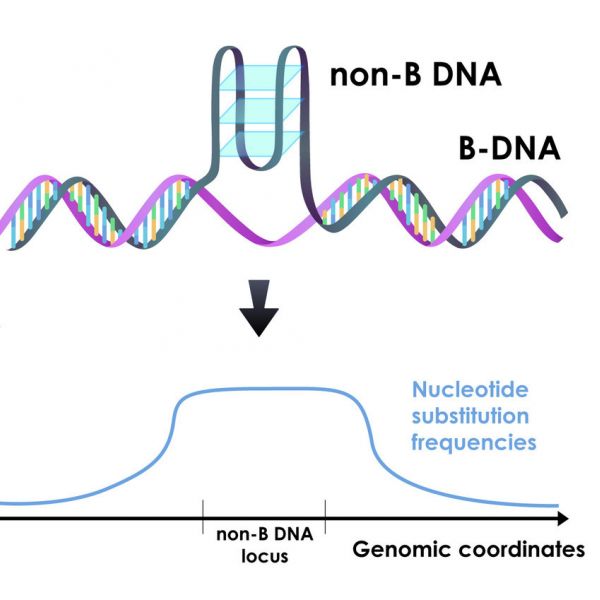
Feb 04, 2021
Unusual DNA folding increases the rates of mutations
DNA sequences that can fold into shapes other than the classic double helix tend to have higher mutation rates than other regions in the human genome. New research by a team of Penn State scientists shows that the elevated mutation rate in these sequences plays a major role in determining regional variation in mutation rates across the genome.
Full Article
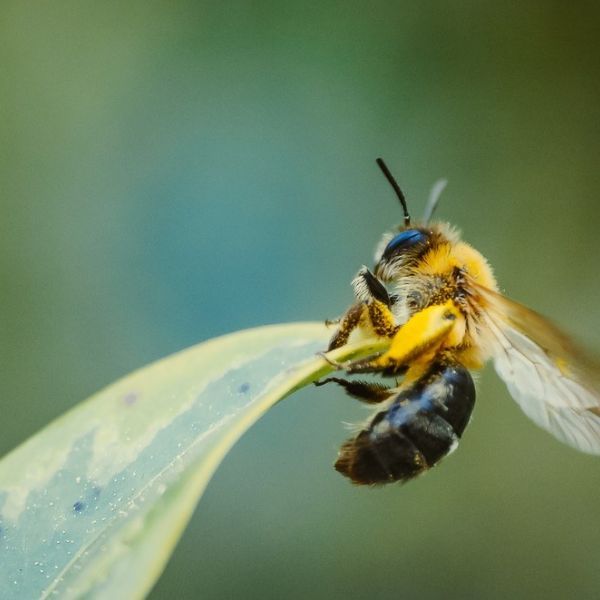
Feb 04, 2021
The business of bees
The economic value of insect pollination services is much higher than previously thought in the U.S., new research finds.
Full Article
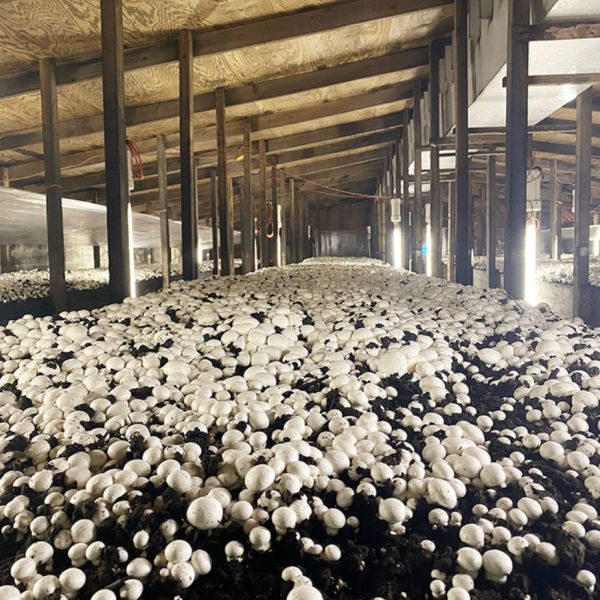
Feb 03, 2021
Penn State entomologists devise a system to control mushroom phorid flies
Working with producers, researchers develop method to give beleaguered residents relief from pest
Full Article
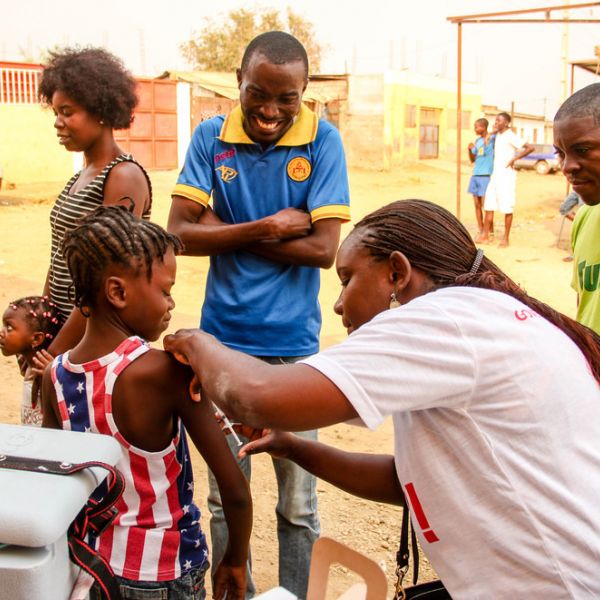
Feb 02, 2021
Vector-borne diseases shaped human history and reveal race disparities
Vector-borne diseases (VBDs), such as plague, malaria and yellow fever, have significantly shaped society and culture, according to an international team of researchers. In a study published in Ecology Letters on Jan. 27, the team used historical evidence interpreted through an ecological lens to illustrate how VBDs have influenced human history, with particular attention to how VBDs have reinforced and exacerbated racism.
Full Article
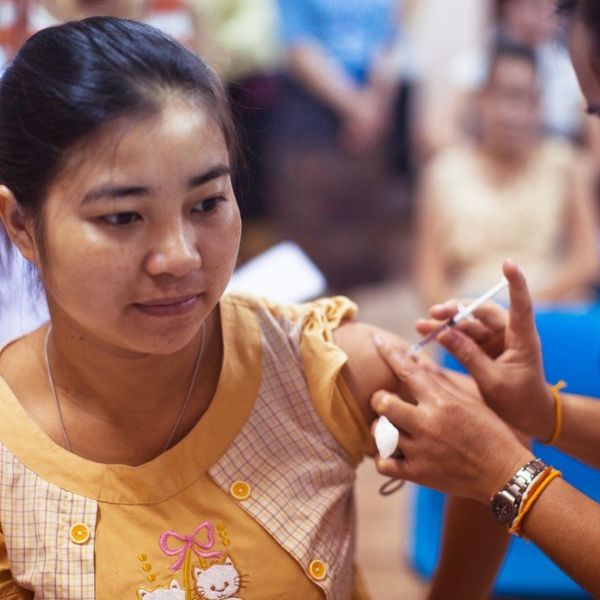
Feb 02, 2021
Vaccines against 10 diseases prevented 37 million deaths in last 20 years
Vaccine programs in low- and middle-income countries have prevented 37 million deaths in the last 20 years – 36 million of which have been in children under age five. These are the findings, published Jan. 28 in The Lancet, of the most comprehensive study of the impact of vaccination programs ever undertaken.
Full Article
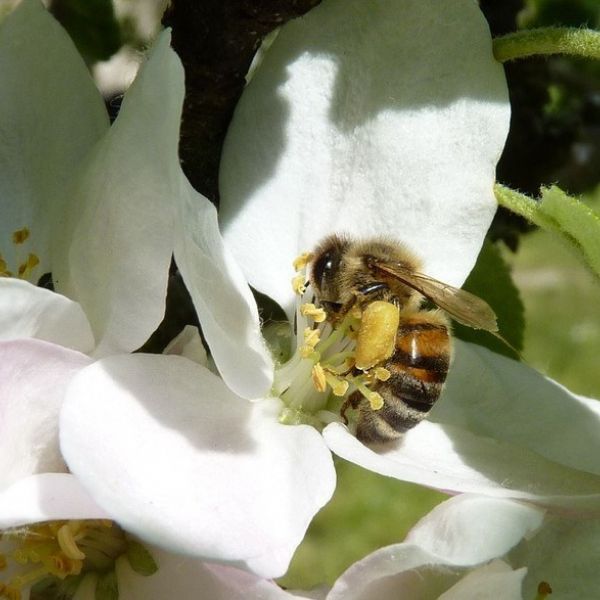
Feb 01, 2021
Summer weather conditions influence winter survival of honey bees
Winter survival of honey bee colonies is strongly influenced by summer temperatures and precipitation in the prior year, according to Penn State researchers, who said their findings suggest that honey bees have a "goldilocks" preferred range of summer conditions outside of which their probability of surviving the winter falls.
Full Article
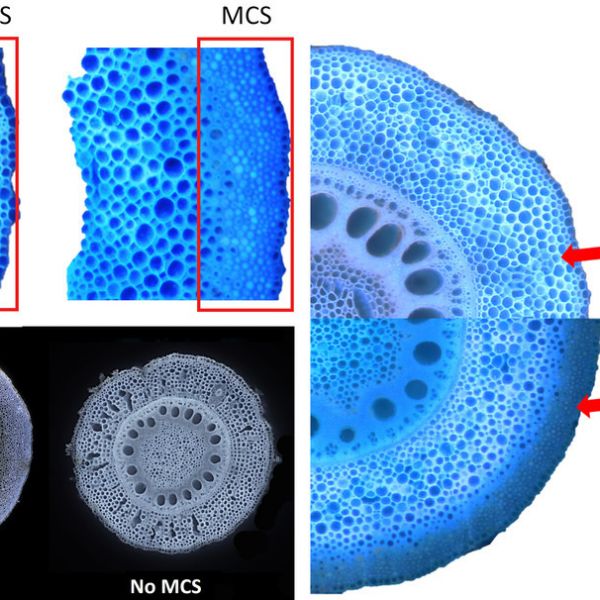
Feb 01, 2021
Newly discovered trait helps plants grow deeper roots in dry, compacted soils
A previously unknown root trait allows some cereal plants to grow deeper roots capable of punching through dry, hard, compacted soils, according to Penn State researchers, who suggest that harnessing the inherited characteristic could lead to crops better able to deal with a changing climate.
Full Article
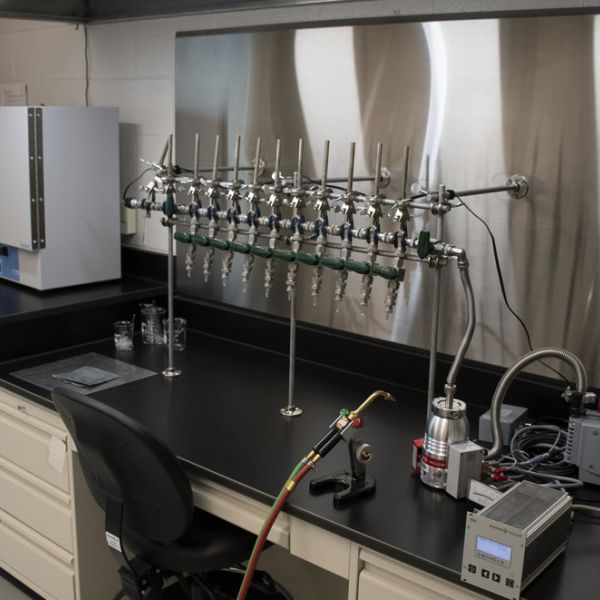
Feb 01, 2021
Student funding available for laboratory research
The Energy and Environmental Sustainability Laboratories (EESL) announced its 2020-21 funding opportunity for Penn State students. The program, called EESL Green, is now accepting proposals for funding that will support energy and environment, materials and fermentation laboratory research.
Full Article

Jan 28, 2021
Ecology Institute to hold pitch slam for funding competition
The Ecology Institute announced a funding competition for its annual Flower Grant for Ecological Research. The events, which will take place as virtual pitch slams, will occur from noon to 1 p.m. on March 9 and 10. The Ecology Institute is inviting researchers who are seeking funding to participate.
Full Article